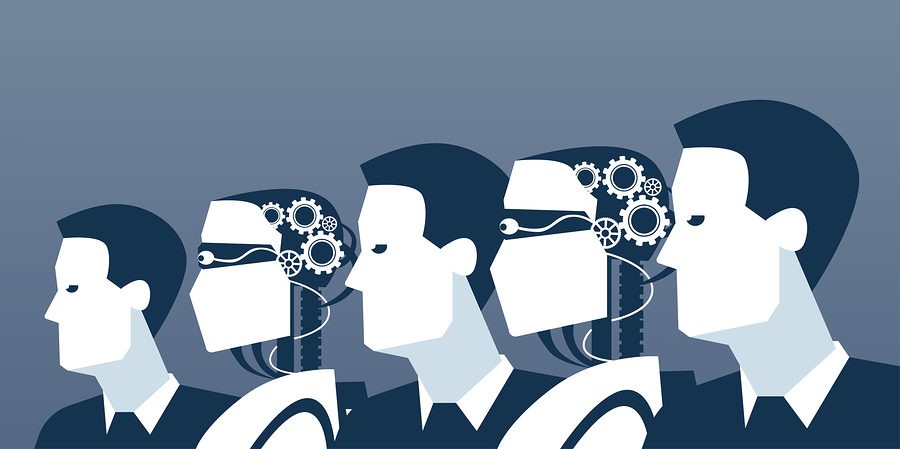Before the industrial revolution, human skills mattered the most in the world of work. Every product or service was hand-crafted and personalised for each customer or a small group of customers. In the 18th century, humankind started diversifying from agriculture to industrial activities and urbanization started. The inventions around heat engines and electricity started revolutionising how human beings lived. It took almost two centuries for the fourth wave to start.
The concept of Industry 4.0 was reportedly first used by Bosch in a trade fair in Hannover in 2011. The idea was to maximise productivity by making the machines communicate among themselves as well as work in a coordinated manner as per pre-decided algorithms. It was believed that production systems can scale up and down easily; further, the industry 4.0 tools will help improve resource utilisation and optimise the supply chain. As COVID-19 is forcing a new normal, is there a change in our journey of transitioning to Industry 4.0?
How the new normal is impacting the journey?
The pandemic has impacted all walks of our lives. We have started leading our lives in ways different from those in the past. Many of us have started buying the essentials and provisions online; people in managerial roles in enterprises are discussing with their colleagues and other stakeholders over video conferences to arrive at decisions – small and big; factories have made changes to the layout to facilitate social distancing among employees. Person to person contact is being minimised everywhere.
Given this backdrop, it is natural that companies have to quickly move into digitisation and automation so that they can leverage the new advances in technology to improve productivity and at the same time become more agile in dealing with the variations in demand for their products. Industry 4.0 is precisely focused on all these.
Why Industry 4.0 isn’t ubiquitous yet?
Many organisations are yet to deploy these tools either due to their lack of awareness and access or due to their unwillingness to rock the boat. However, the transition to greater automation will get hastened in many cases because organisations are facing greater volatility than ever before and thus, have to be more agile than ever before to ramp up and ramp down their production, supply chain, sales and service in alignment with the changes in the market dynamics.
Secondly, organisations have started looking for greater efficiency in everything they do. Connected devices can make the flow of information seamless and quick so that activity levels in all parts of the organisation can be in sync leading to further minimisation of waste and greater efficiency of the production processes. Despite this knowledge, many haven’t been able to afford the costs of implementing the solutions yet; and some times, they are waiting for the right opportunity when the ROI is meaningful for them.
Where is the case for Industry 5.0?
Over the last decade, leading organisations in the world have implemented industry 4.0 in varying degrees and realised that there are micro markets which have very specific needs that are not being fully met by them. The production processes have to be customised in a significant way to cater to a range of micro markets. In a way, it’s a déjà vu in favour of human skills and ingenuity which shows in the product, almost like a piece of art.
If someone wants to buy a car with a certain combination of features, the options for a common customer are non-existent to rare. Can we think of a day when a customer can choose features in a car as we choose among a variety of choices while ordering a pizza or a salad? It calls for a huge change in the organisation across all its functions from manufacturing to sales and service. We need a greater amount of connect between the man and the machine so that the automation in manufacturing processes adjust the process parameters accordingly and control the inputs suitably. This is Industry 5.0 for us and will surely start getting implemented across the leading organisations by 2030.


